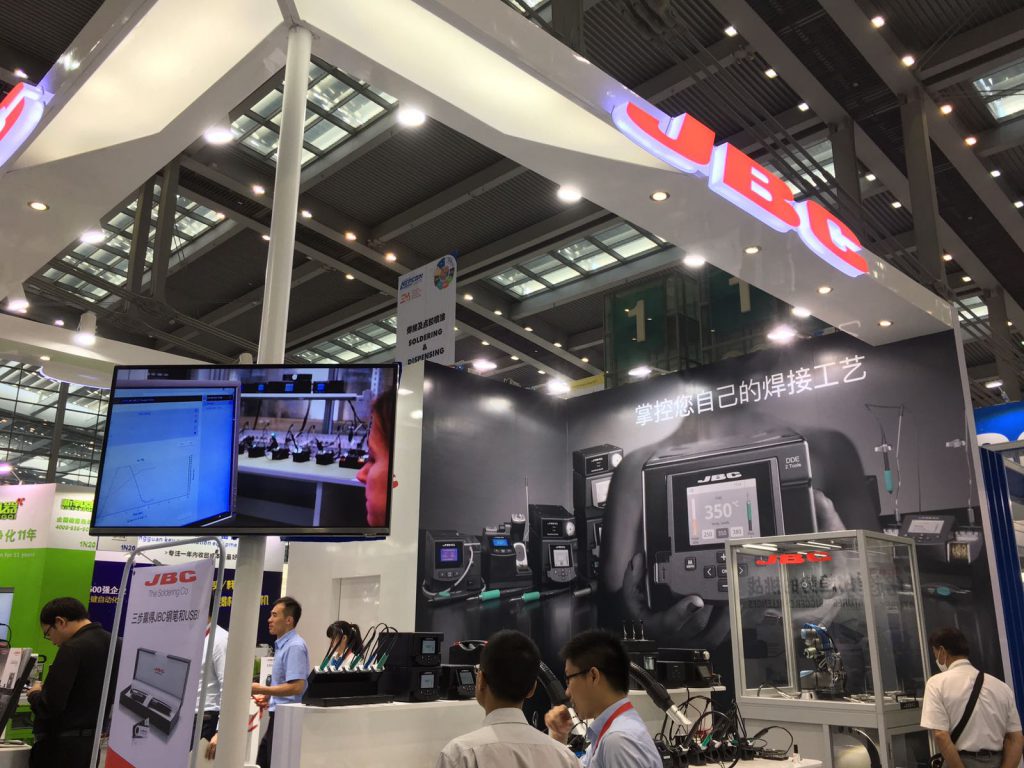In most cases, the factor that most influences the duration of a tip is the working temperature.
Before the ROHS regulation (Restriction Of Hazardous Substances) came into effect on the 1st July 2006, solder wire that contained lead was permitted. After this date the use of lead was prohibited (as well as other substances) in all equipment and processes except the following: medical apparatus, monitoring and surveillance equipment, measuring instruments and equipment specifically designed for the military and space industry as well the car sector (car control systems, airbags, etc.), rail transport, etc.
The special characteristic of the most common lead alloys is that the fusion occurs at around 180°C. With the most common lead-free alloys this happen approximately at 220°C. So the difference of 40°C meant it was necessary to increase the temperature of the solder tool to achieve a solder joint in the same length of time (if soldering time is increased, then the components and the printed circuits may be damaged) and this reduced the life of the tips and increased oxidation.
Continue reading →


